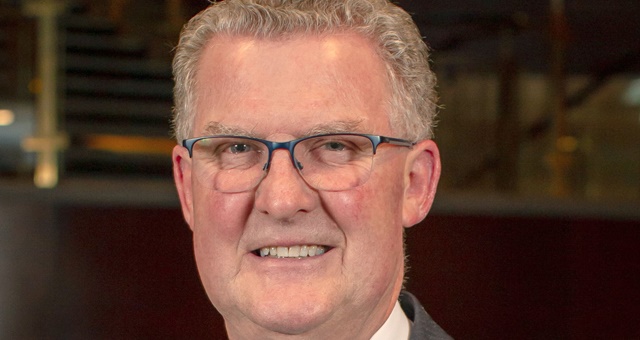
The suspension of Fringe Benefits Tax (FBT) on accommodation, meal, beverage and entertainment for three years has been outlined as a key supplementary economic stimulus required to help the hospitality sector navigate the COVID-19 downturn.
According to a draft report entitled ‘Economic impacts of stimulus for the Accommodation and Food Services Sector’ by from business analyst firm Ernst & Young (EY), the measures, designed to be short-term, could deliver an eventual economic return to the Federal Government nearly four times the initial outlay.
The report identified three options as being helpful to the sector’s fortunes, as the recovery from the pandemic is expected to be more gradual than many other industries. Separate to a full suspension of FBT on meal, beverage, entertainment and accommodation expenses, the EY report said an FBT exemption for small and medium enterprises with annual turnovers of $50 million or less as also being a viable alternative.

The third option was a six-month extension to the Federal Government’s JobKeeper program, which was approved and laid out yesterday to the wider economy.
According to data from the Australian Taxation Office and Australian Bureau of Statistics, factoring in the rate of inflation, the estimated revenue to the government from FBT on meal, entertainment and accommodation in the 2019/20 Financial Year is estimated at just over $397 million – an increase of around $10 million from two years earlier.
Tourism Accommodation Australia CEO, Michael Johnson, said the need for additional assistance was clear as a second wave of the pandemic is affecting several states.
“The EY report noted that 84 per cent of businesses reported decreased revenue, with more than half (53 per cent) reporting revenue decreases of 50 per cent or greater – this is the highest proportion of any industry to report revenue decreases in this range,” Johnson said.

“AHA and TAA research also shows that 15 per cent of businesses reported that their operations could be supported for less than a month with current available cash at hand.
“Worryingly, it also showed a national average fall in accommodation hotel room revenue of 77 per cent and a plunge in occupancy rates of 66 per cent,” he added.
The hotel industry is expected to remain below 50% in occupancy levels, according to forward-looking data for the three months to 12 September, TAA added.

